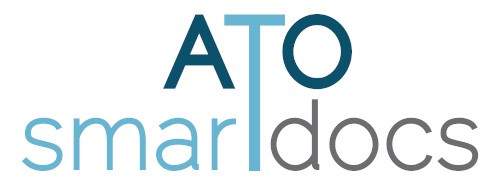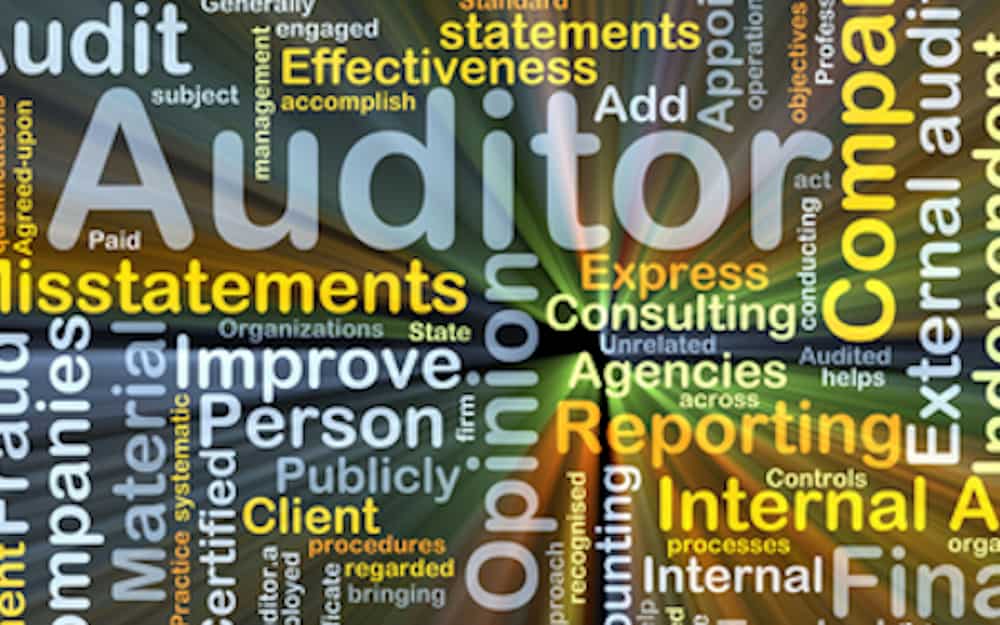Last week I attended the CAANZ’s National SMSF Conference in Melbourne – I always enjoy attending these events as I get to catch up with customers, meet some potential new ones, and hear what is topical in the SMSF industry. And a topic that seems to keep coming up at these events was again raised:
Auditor Independence
Howard Dickinson from the ATO said “It’s so amazing how many SMSF auditors are still failing the basic independence requirements.” He then went onto say that there are still a number of auditors who believe it is acceptable to audit their own funds – how do you safeguard against a self-interest threat?
An audit is an audit, right? Therefore the independence requirements in the Australian Auditing Standards and APES 110 Code of Ethics that audits must be performed under in Australia must also be applied to SMSF audits. Therefore I think Section 290.104 is the clincher: “If a member of the Audit Team… has a Direct Financial Interest or a material Indirect Financial Interest in the Audit Client, the self-interest threat created would be so significant that no safeguards could reduce the threat to an Acceptable Level.”
So in my opinion that’s case closed – auditors must not audit their own funds!
It was pleasing to hear that the number of auditors in this situation is decreasing, so hopefully it will not be in next year’s ATO presentation!
I will be keen to hear about the results of the ATOs other areas of focus this year. Kasey MacFarlane, ATO Assistant Commissioner, confirmed in her presentation that they would now also be targeting:
- Firms with reciprocal audit arrangements in place – two firms auditing each other’s funds, or two partners
- Within one firm auditing each other’s funds
- Firms relying on only one or two referral bases – therefore relying on revenue from only one or two sources
- Referral sources – referrals from a relative or close business associate
- Firms offering cheap audits – the quality of these audits is a concern.
Matina Moffitt from EY also touched on independence in her conference presentation. She reminded us that “auditors need to be independent of mind and independent in appearance”, and that documenting that you have considered independence is an important audit step.
If you have any uncertainties around independence, I would also encourage you to download a copy of theIndependence Guide: 4th edition – this is a joint publication from the CAANZ and CPA Australia that is designed to address independence in the context of Assurance engagements.
Happy auditing!
Sarah Butler | Product Manager | SMSF Audit | Caseware
sb@caseware.com.au
- Accounting & Audit: Automation – How Much is Too Much? - 8 March 2018
- Another conference, another presentation on independence - 19 October 2016
- ATO’s Issues of Concern are… concerning! - 5 July 2016



















